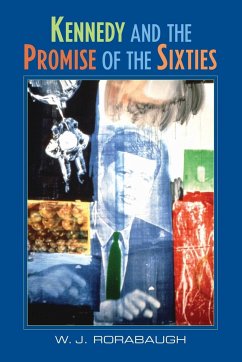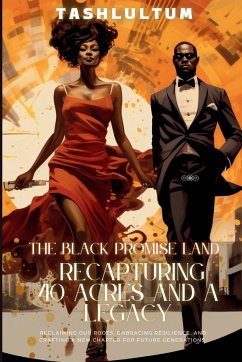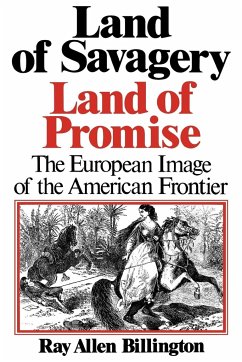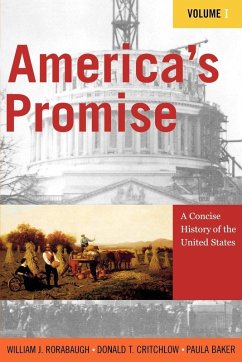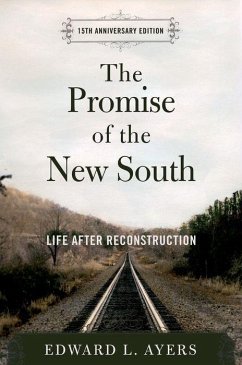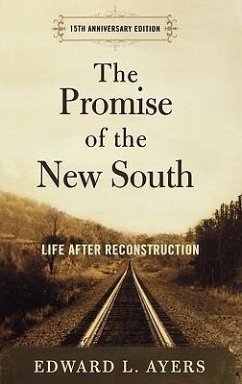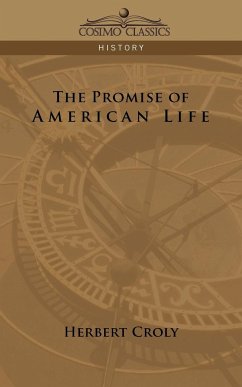
The Promise of American Life
Versandkostenfrei!
Versandfertig in 1-2 Wochen
23,99 €
inkl. MwSt.

PAYBACK Punkte
12 °P sammeln!
Aggressive voices promote minority special interests. Wealth is concentrated in fewer and fewer hands. The middle class is under siege. Giant corporations and big business threaten democracy itself. Such was the state of the United States after the Civil War, and if it sounds familiar, then it only underlines the continuing relevance of Herbert Croly's The Promise of American Life, first published in 1909. Croly saw an American culture desperately fragmented, torn by the transformation from a rural, agrarian economy to an urban, industrial one, and called for a righting of societal and economi...
Aggressive voices promote minority special interests. Wealth is concentrated in fewer and fewer hands. The middle class is under siege. Giant corporations and big business threaten democracy itself. Such was the state of the United States after the Civil War, and if it sounds familiar, then it only underlines the continuing relevance of Herbert Croly's The Promise of American Life, first published in 1909. Croly saw an American culture desperately fragmented, torn by the transformation from a rural, agrarian economy to an urban, industrial one, and called for a righting of societal and economic imbalances through collective national efforts and strong government. President Teddy Roosevelt backed his theories, which also influenced the shape and scope of FDR's New Deal years later. But the historical import of Croly's passionate and stirring manifesto on Progressive political belief is overshadowed by its pertinence to the social and economic issues facing Americans today. American journalist HERBERT CROLY (1869-1930), one of the foremost political philosophers of the early 20th century, helped found The New Republic magazine in 1914.





